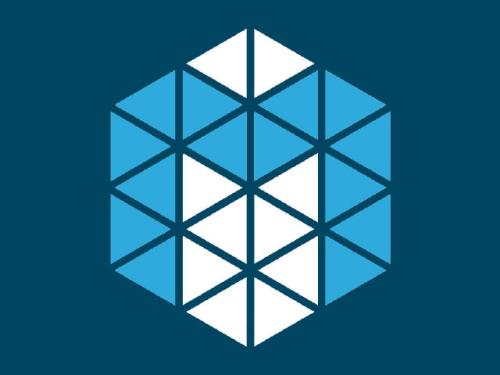Recent years have witnessed the rapid development of service-oriented computing technologies. The boom of Web services increases software developers' selection burden in developing new service-based systems such as mashups. Timely recommending appropriate component services for developers to build new mashups has become a fundamental problem in service-oriented software engineering. Existing service recommendation approaches are mainly designed for mashup development in the single-round scenario. It is hard for them to effectively update recommendation results according to developers' requirements and behaviours (e.g. instant service selection). To address this issue, the authors propose a service bundle recommendation framework based on deep learning, DLISR, which aims to capture the interactions among the target mashup to build, selected (component) services, and the following service to recommend. Moreover, an attention mechanism is employed in DLISR to weigh selected services when recommending a candidate service. The authors also design two separate models for learning interactions from the perspectives of content and invocation history, respectively, and a hybrid model called HISR. Experiments on a real-world dataset indicate that HISR can outperform several state-of-the-art service recommendation methods to develop new mashups iteratively.
翻译:近年来,以服务为导向的计算机技术迅速发展。网络服务的兴起增加了软件开发者在开发新的服务型系统(如mashup)方面的选择负担。及时建议开发者建立新mashup的适当组件服务已成为服务型软件工程中的一个基本问题。现有的服务建议方法主要是为了在单轮假设中进行mashup开发设计。他们很难根据开发者的要求和行为(如即时服务选择)有效地更新建议结果。为解决这一问题,作者提议了一个基于深层次学习的成套服务建议框架,即DLISR,目的是捕捉目标组合、选定(部分)服务以及下列建议服务之间的相互作用。此外,DLISR采用了一种关注机制,在推荐候选服务时对选定的服务进行权衡。作者还设计了两种分别从内容和职业历史角度学习互动的模型,以及一种称为HISR的混合模型。对现实世界数据集的实验表明,HISR可以超越若干州级的系统服务建议方法,以便发展新的mashupsetly。



